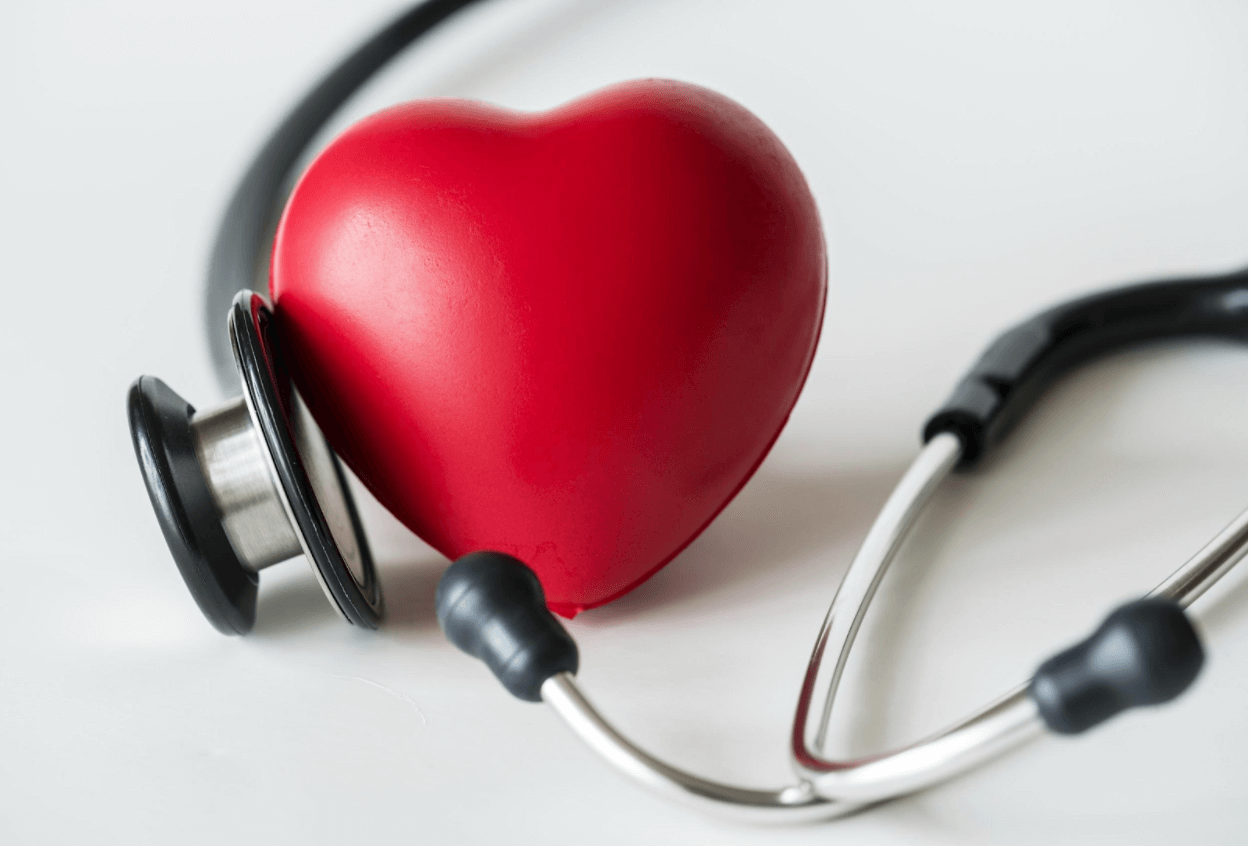As one of the leading causes of death in the United States, heart disease has been a problem for most Americans. Although it is already an ongoing problem, the significant increase in heart disease cases and deaths has become alarming over the years.
More people are now living an unhealthy life. With the availability and convenience of fast foods and the technology that causes everyone to be inactive, heart disease is expected to affect more young individuals. That change in health trend is causing a lot of people additional expenses. Luckily discount websites, such as Buzz RX, are readily available to provide some financial relief.
Here are the four main types of cardiovascular diseases and how to avoid them.
Coronary Heart Disease
The most common heart disease that causes death in the United States is coronary heart disease. This is a type of heart problem caused by an insufficient supply of oxygen-rich blood to the heart due to a buildup of plaque in the lining of the arteries. This buildup caused a blockage that can partially or even totally obstruct blood flow.
There are three categories of coronary heart disease. These are obstructive coronary artery disease, coronary microvascular disease, and nonobstructive coronary artery disease. Both obstructive and nonobstructive coronary disease affects your heart’s large arteries, while microvascular disease affects the smaller arteries.
The cause depends on what kind of coronary heart disease a patient has. It could be a plaque buildup on the arteries, issues that affect the heart’s blood vessels function, or both. Coronary heart disease is the type of heart disease that often leads to stroke.
Arrhythmia
Arrhythmia causes irregular heartbeats due to the improper function of the electrical impulses that synchronize the heartbeat. A heart arrhythmia feels like your heart is fluttering, and it is often harmless. But don’t be too complacent as some heart arrhythmias may cause discomfort and can also be life-threatening.
Arrhythmia has two different kinds. The one that causes a fast heartbeat with 100 or more resting heartbeats a minute or the Tachycardia, and the one with a slower heartbeat with around 60 beats per minute, referred to as Bradycardia.
Experiencing irregular heart rhythms doesn’t necessarily mean that you have heart disease. When exercising, for example, having a fast heart beat is a normal reaction of the body as your heart speeds up the production of oxygen-rich blood to your tissues. Another example of having arrhythmias is during resting time, like sleeping. It is normal to have slower heartbeats during your sleep as your body is at rest.
Arrhythmias often do not cause any symptoms, and the only way you can know if you have this problem is during a medical examination. If you are already diagnosed with heart disease, and you are experiencing an irregular heartbeat, it is best to schedule an appointment with your physician as soon as possible.
Heart Valve Disease
Even if you have a heart valve disease, it is possible that you can not experience any symptoms at all. However, if it will be untreated, which results in a severe case, you will suddenly experience the symptoms’ onset, and you do not want to wait for this to happen.
Most people don’t notice any symptoms because the disease progresses slowly, and the heart can keep up with it. Despite the slow development of the disease, the damage and the risk associated with it may still be significant.
The symptoms of valvular heart disease are as follows:
– Palpitations and chest pain
– Difficulty in breathing like shortness of breath
– Fatigue and weakness that results in an inability to function well
– Lightheadedness
– Swollen abdomen, ankles, or feet
– Fainting
These symptoms don’t determine the severity of the illness a person has. However, it is still best to visit your healthcare provider as soon as you experience these symptoms. If you think you have a heart valve disease, it is also advised to have someone accompany you every time you faint.
Heart Failure
Heart failure does not necessarily mean that your heart stops functioning. It is just the term used when your heart’s muscles do not pump enough blood to meet your body’s needs. This insufficient heart function is often a result of various conditions that weakened your heart muscles.
Although this condition is not curable, you can still manage it by using medications that your physician will prescribe during your examination. You need to regularly take these medications as instructed by your doctor and follow strict guidelines in food intake and activities.
By doing so, you can ensure that you will live a full and enjoyable life despite your condition. Most people suffering from heart failure have lived a normal life, and there is no reason you couldn’t.
To prevent or manage an underlying heart condition, you should schedule a yearly examination with your healthcare provider when you reach 18 years old so that any irregularities can be detected early. Early detection is the key to prevent or control the development of a heart disease, which can happen to any age group.
Takeaway
Your chance of having heart disease increases as you get older. However, young individuals have also become more vulnerable to this health problem. Lifestyle choice is the number one factor that can make or break your heart health. If you want to live a long and healthy life, it is best to start changing your bad habits and choose to live healthily.

